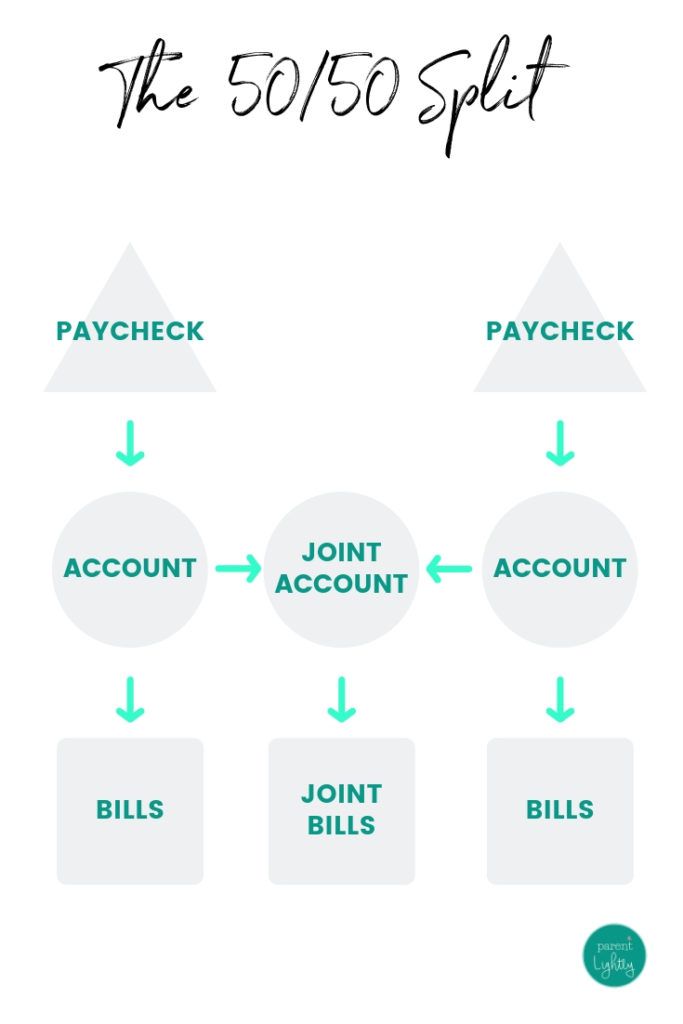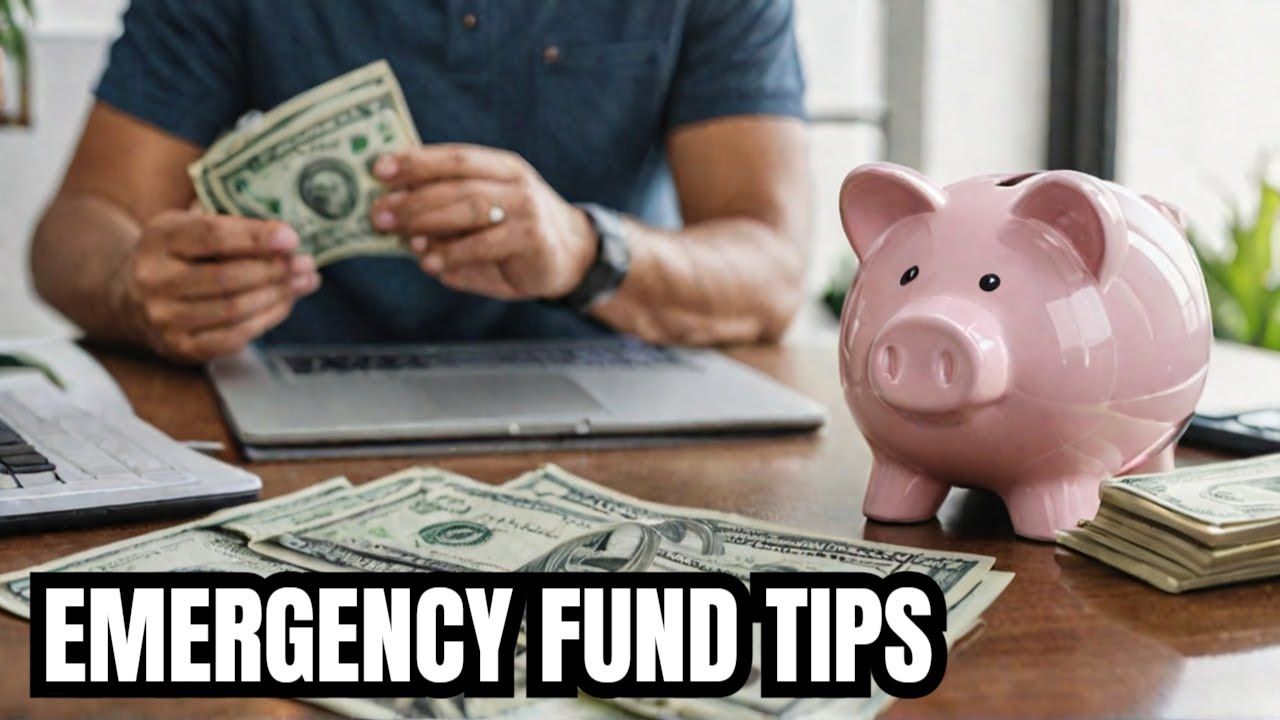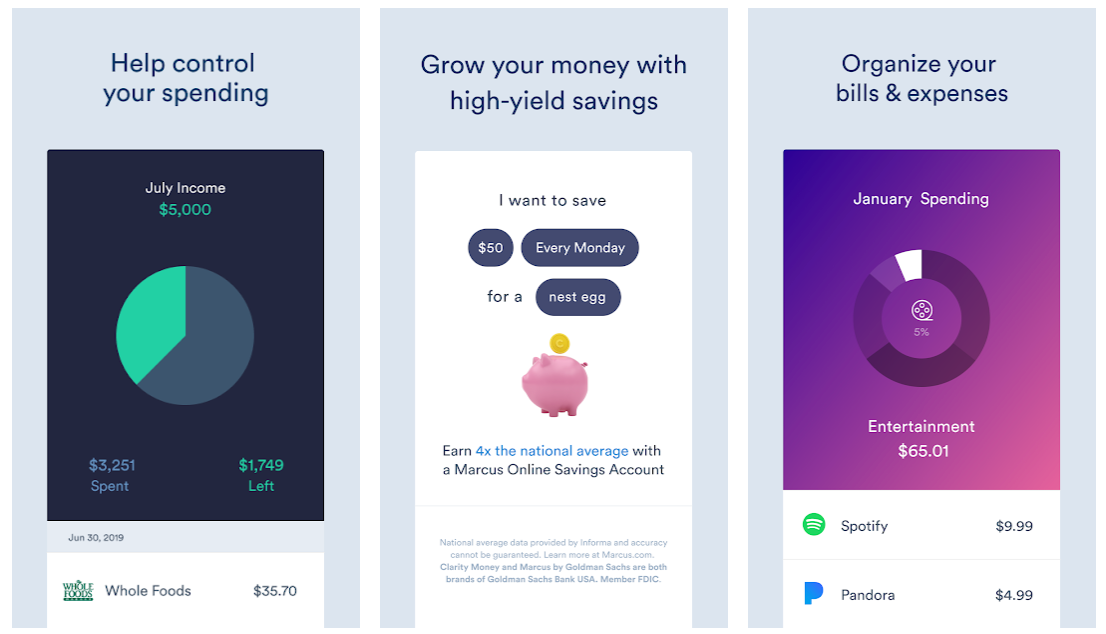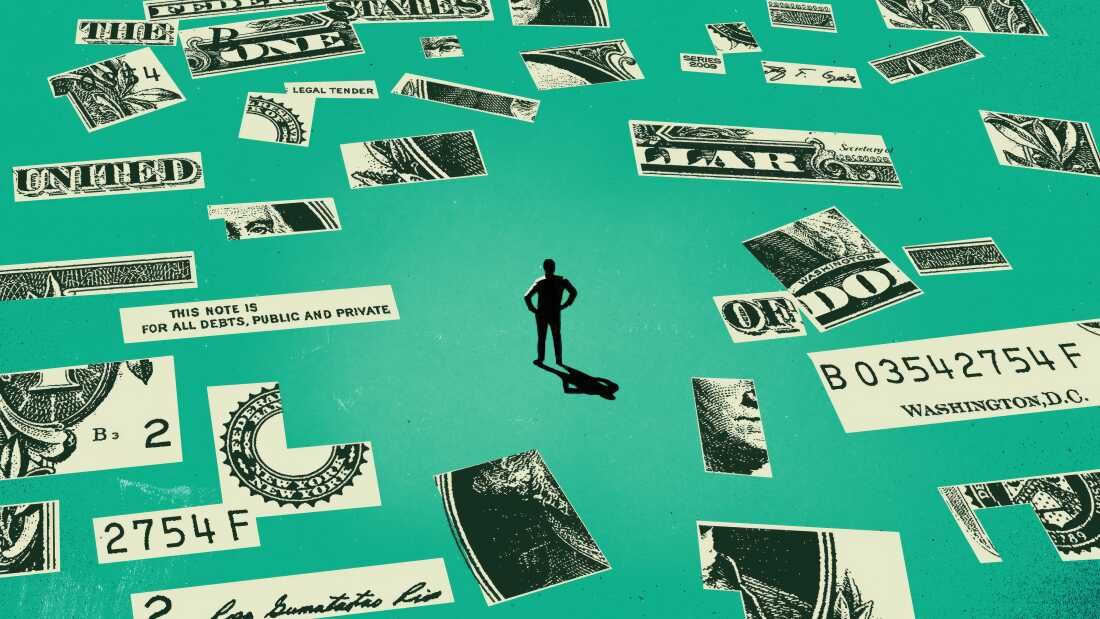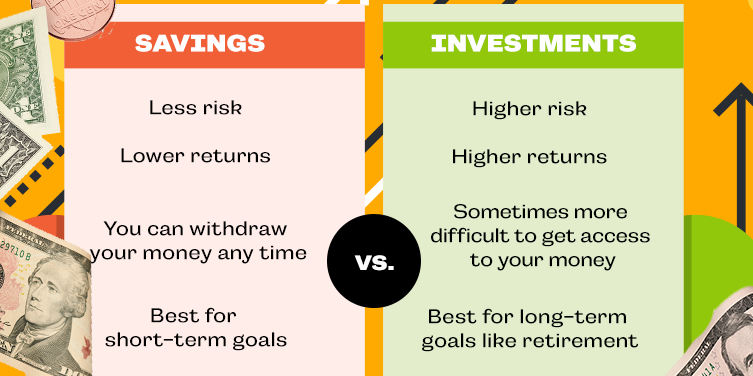In today’s fast-paced world, it’s easy to accumulate debt without even realizing it. Whether it’s credit card bills, student loans, or medical expenses, debt can quickly spiral out of control if left unchecked. However, with the right strategies and mindset, you can pay off debt faster and reclaim your financial freedom. In this article, we’ll explore some proven strategies to help you tackle your debt head-on.
1. Create a Budget and Stick to It
The first step in paying off debt faster is to create a comprehensive budget that outlines your income and expenses. By knowing exactly how much money you have coming in and going out each month, you can identify areas where you can cut back and allocate more money towards debt repayment. Be sure to prioritize high-interest debt and make the minimum payments on all your accounts to avoid late fees and penalties.
2. Increase Your Income
If your current income isn’t enough to cover your expenses and debt payments, consider finding ways to increase your income. This could mean taking on a part-time job, freelancing, or selling items you no longer need. By boosting your income, you can accelerate your debt repayment and reach your financial goals faster.
3. Snowball or Avalanche Method
Two popular debt repayment strategies are the snowball and avalanche methods. With the snowball method, you pay off your smallest debt first while making minimum payments on your other accounts. Once the smallest debt is paid off, you move on to the next smallest debt, and so on. This method can provide a sense of accomplishment and motivation as you see debts being eliminated one by one.
Alternatively, the avalanche method involves paying off the debt with the highest interest rate first while making minimum payments on your other accounts. By focusing on high-interest debt, you can save money on interest over time and pay off your debt more quickly.
4. Negotiate Lower Interest Rates
If you have high-interest debt, consider reaching out to your creditors to negotiate lower interest rates. This can help reduce the amount of money you owe and make debt repayment more manageable. Be prepared to explain your financial situation and provide evidence of your ability to repay the debt. Many creditors are willing to work with you to find a solution that benefits both parties.
5. Cut Expenses
To free up more money for debt repayment, take a close look at your expenses and identify areas where you can cut back. This could include dining out less, canceling subscriptions you no longer use, or finding more affordable alternatives for everyday purchases. By making small changes to your spending habits, you can redirect more money towards paying off your debt.
6. Seek Professional Help
If you’re struggling to manage your debt on your own, consider seeking professional help from a credit counselor or financial advisor. These professionals can help you create a customized debt repayment plan, negotiate with creditors on your behalf, and provide resources to help you improve your financial literacy and budgeting skills. Remember, you’re not alone in your journey to financial freedom, and there are experts available to support and guide you along the way.
Conclusion
Debt can be a daunting obstacle to overcome, but with dedication and perseverance, you can pay off debt faster and achieve your financial goals. By following the strategies outlined in this article, creating a budget, increasing your income, choosing a debt repayment method that works best for you, negotiating lower interest rates, cutting expenses, and seeking professional help when needed, you can take control of your finances and work towards a debt-free future. Remember, every small step you take towards paying off your debt brings you one step closer to financial freedom.
